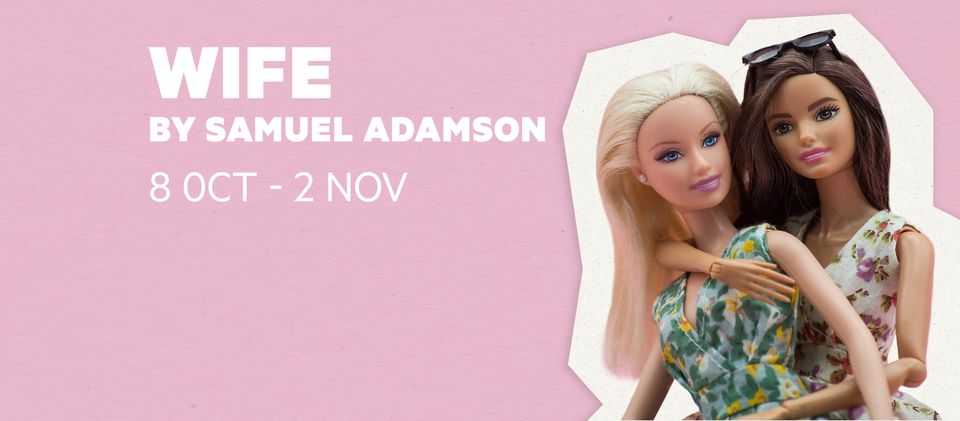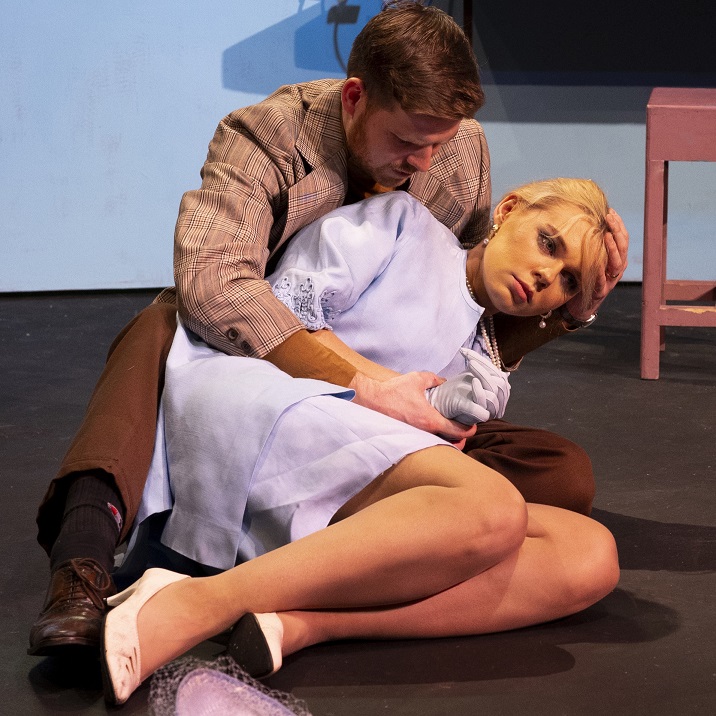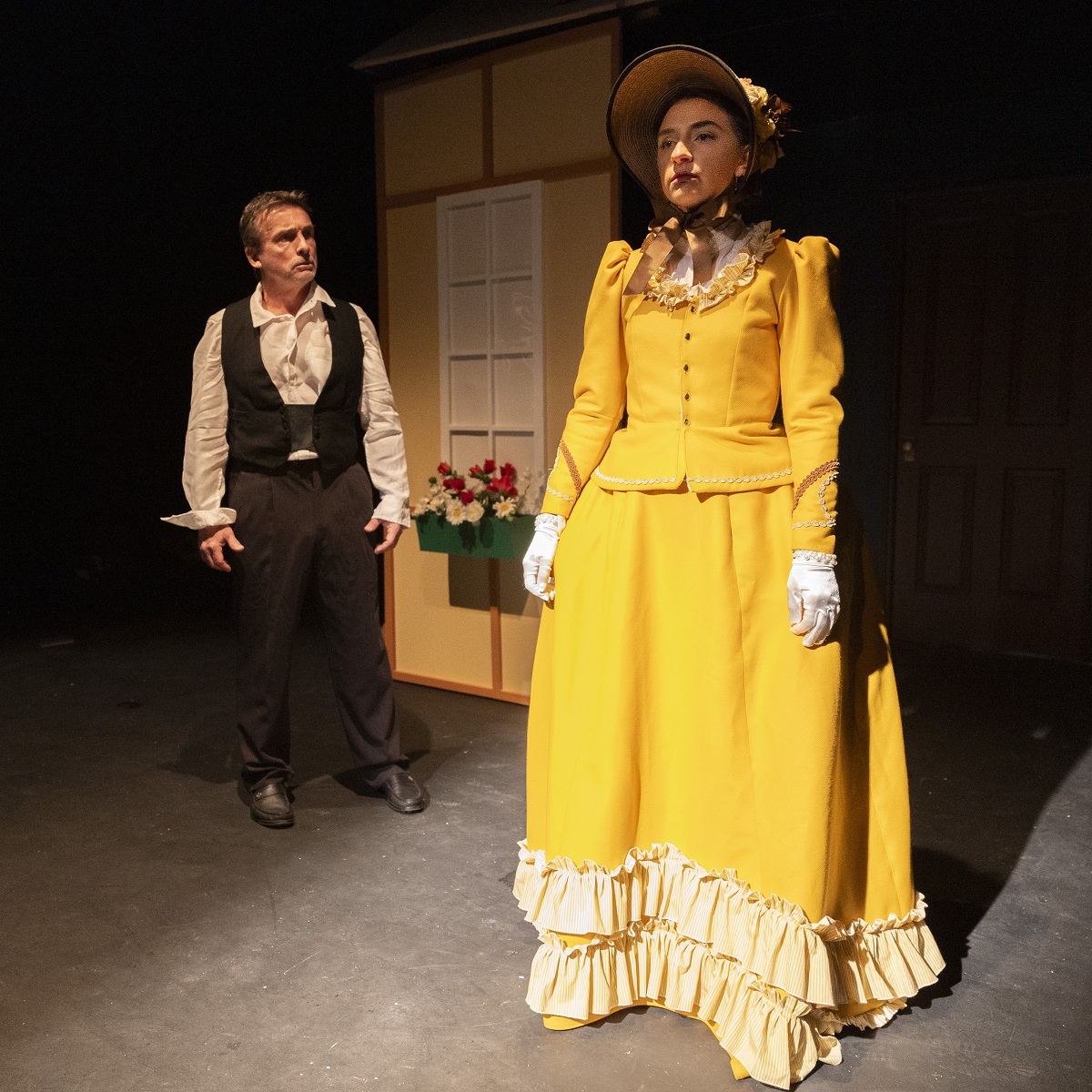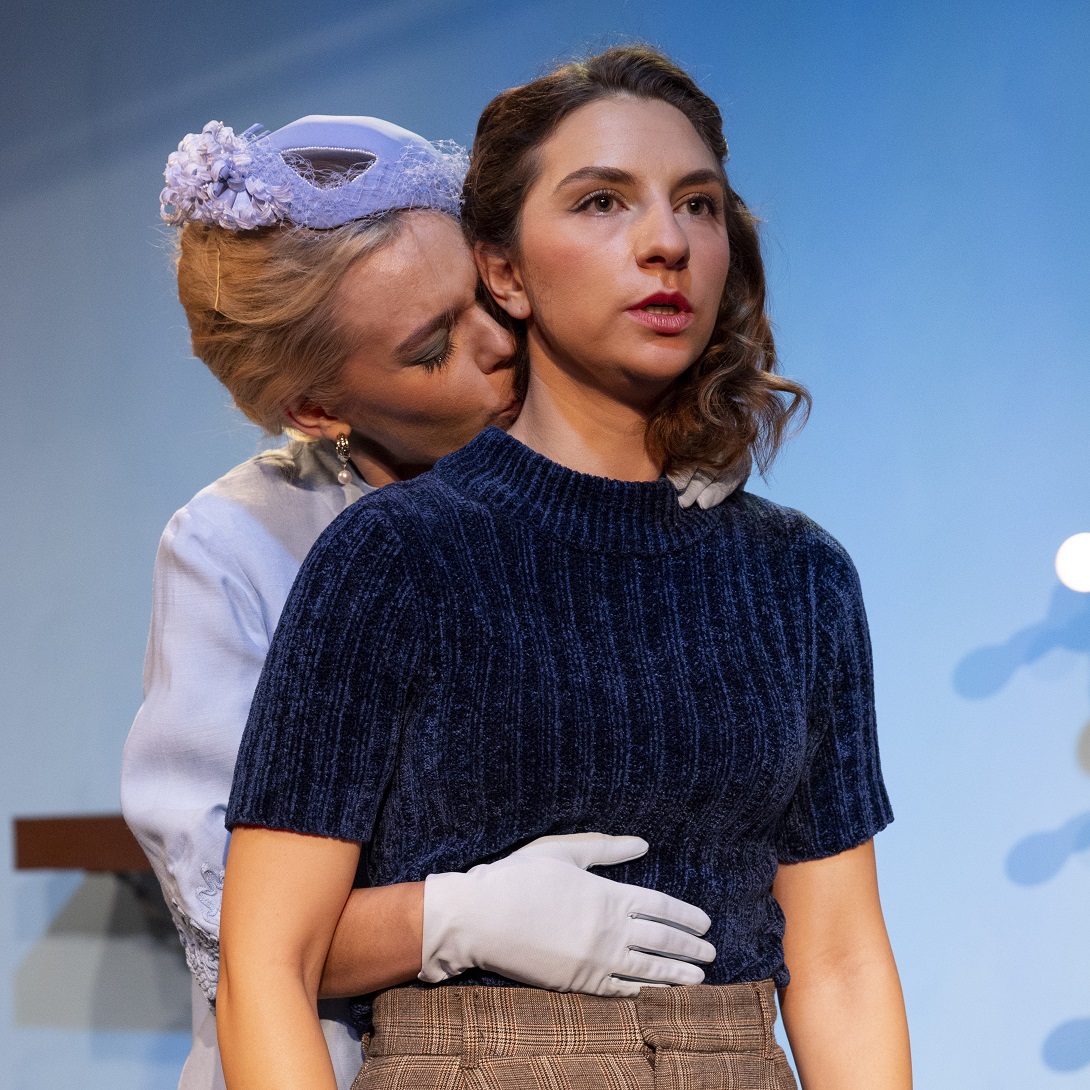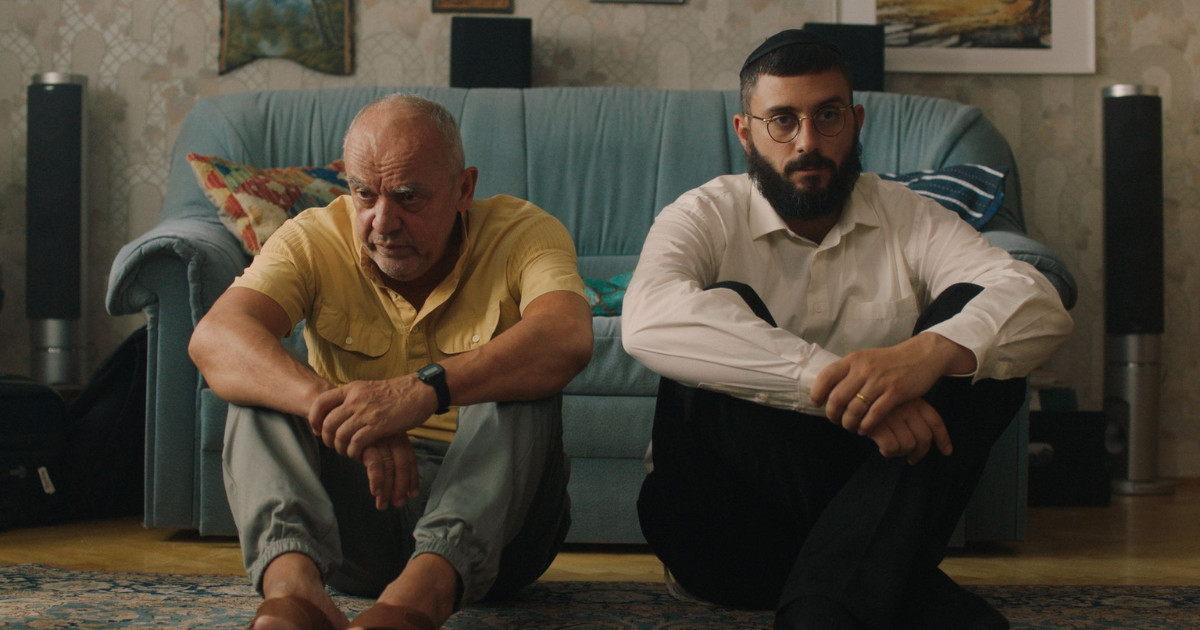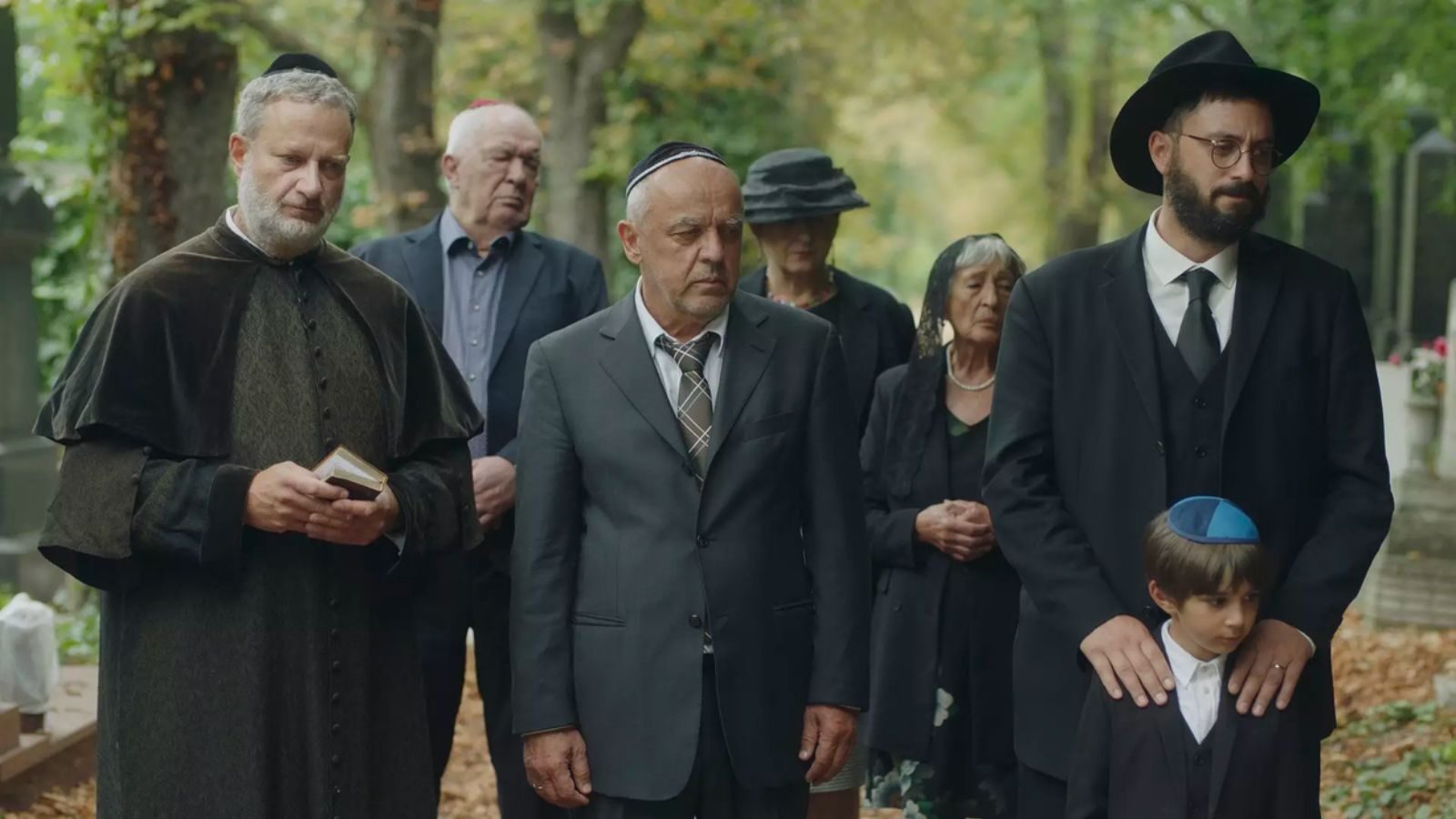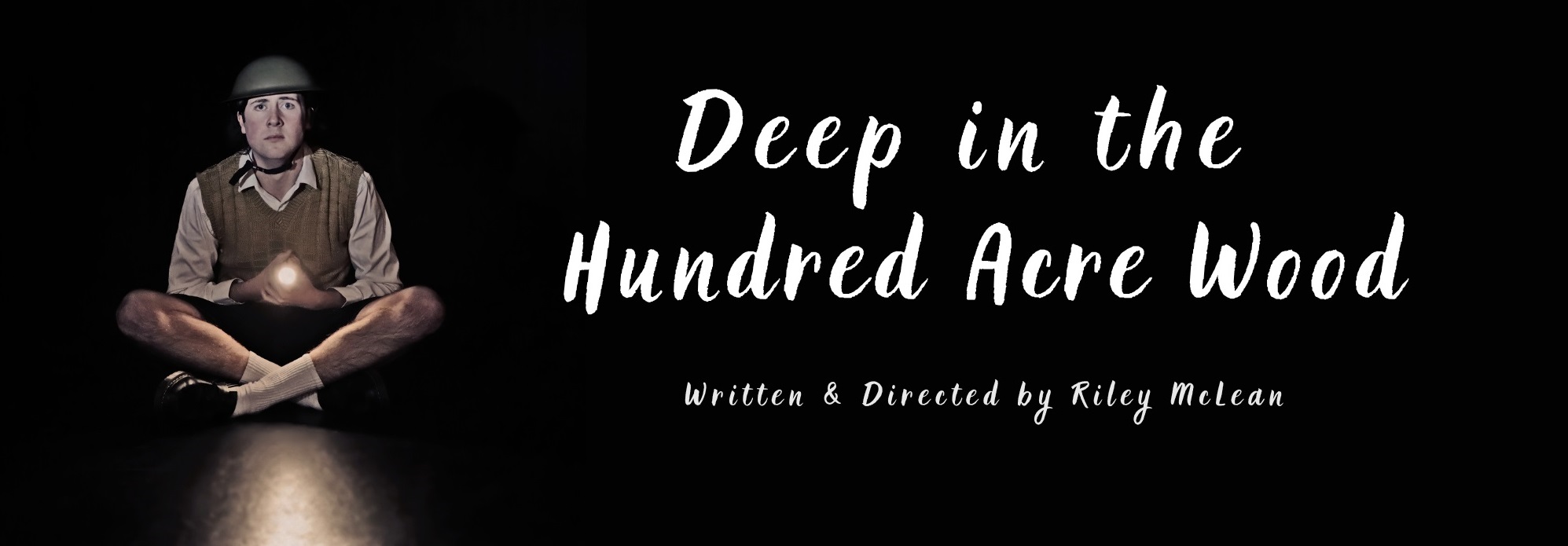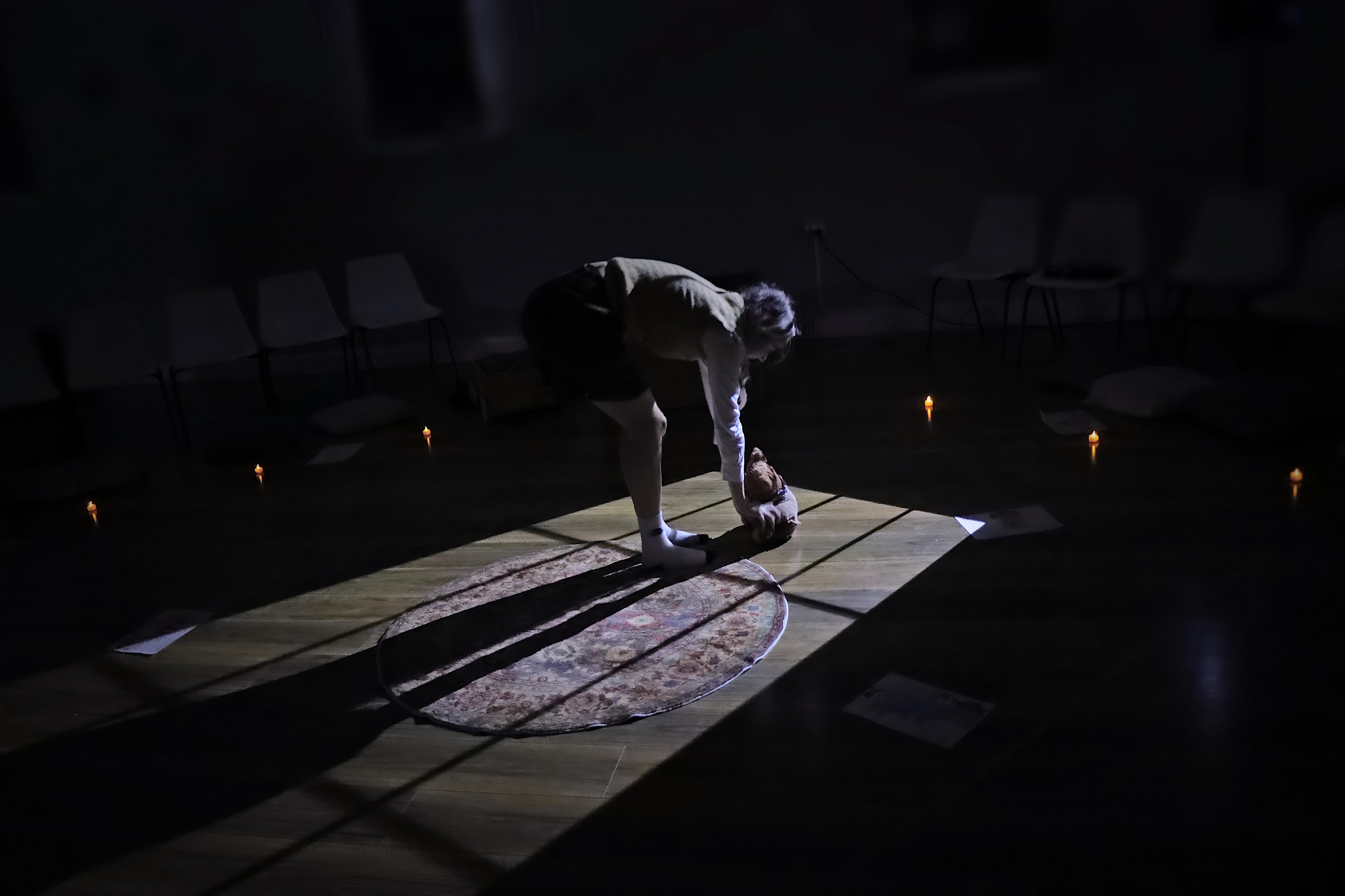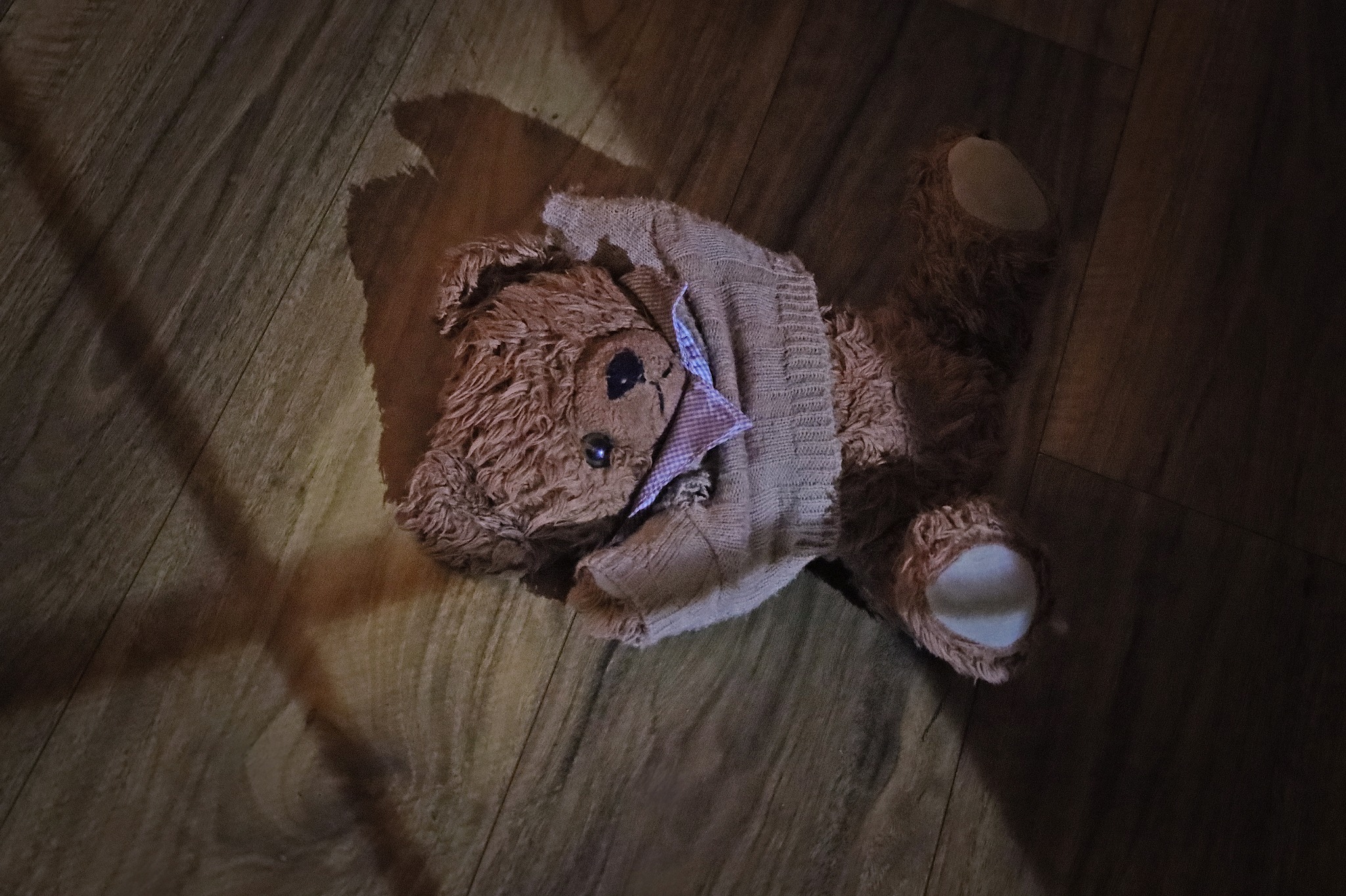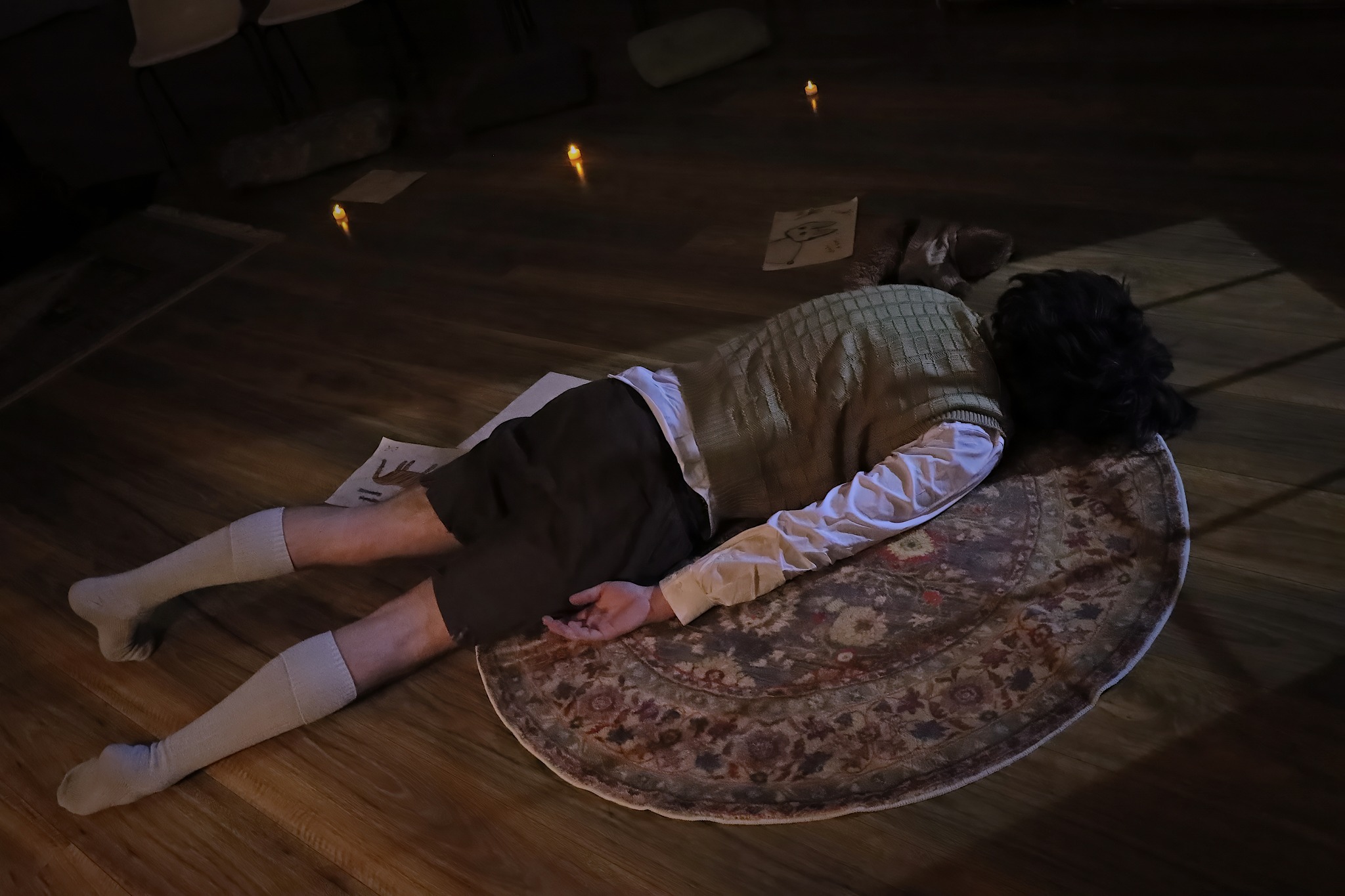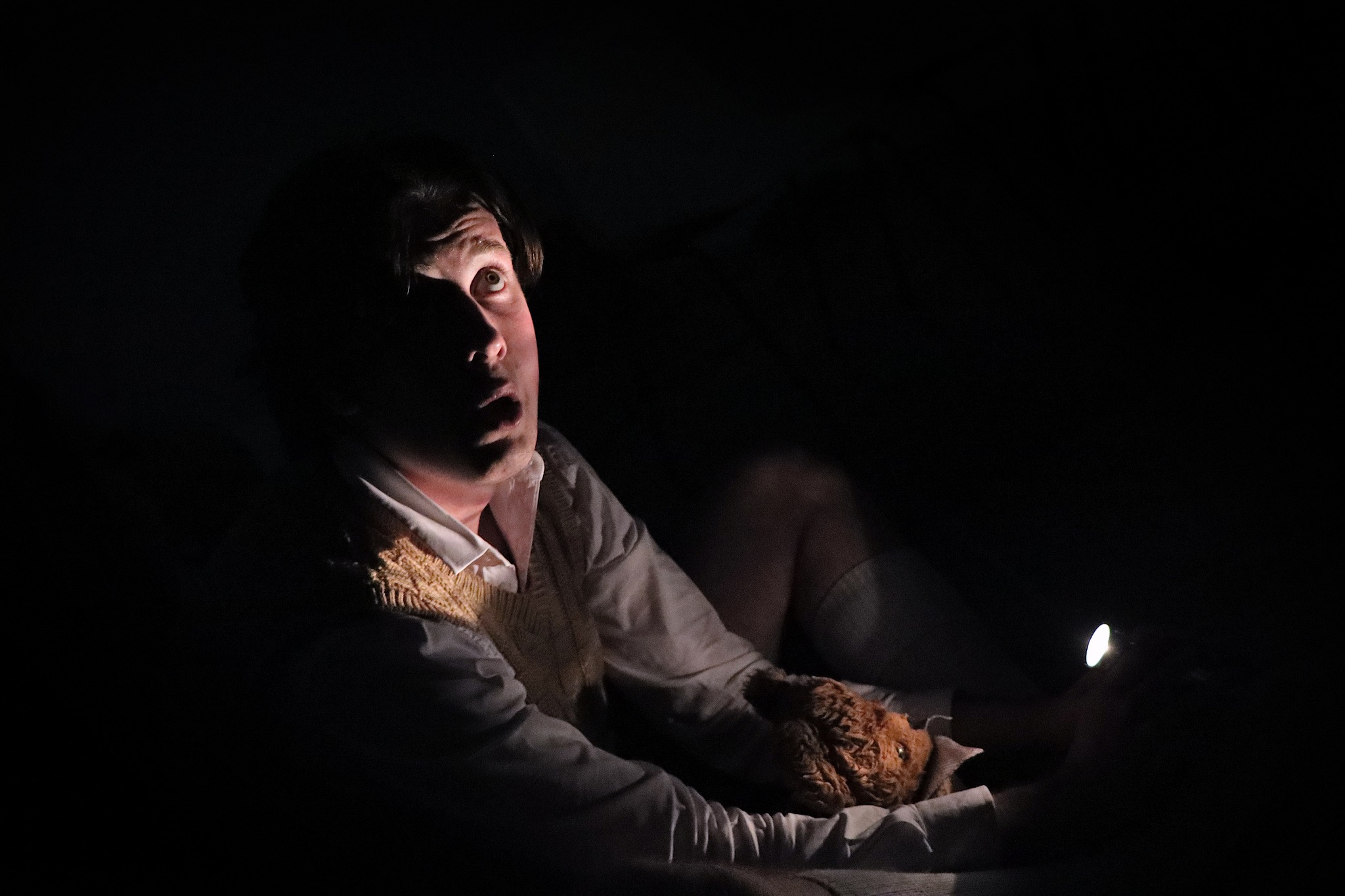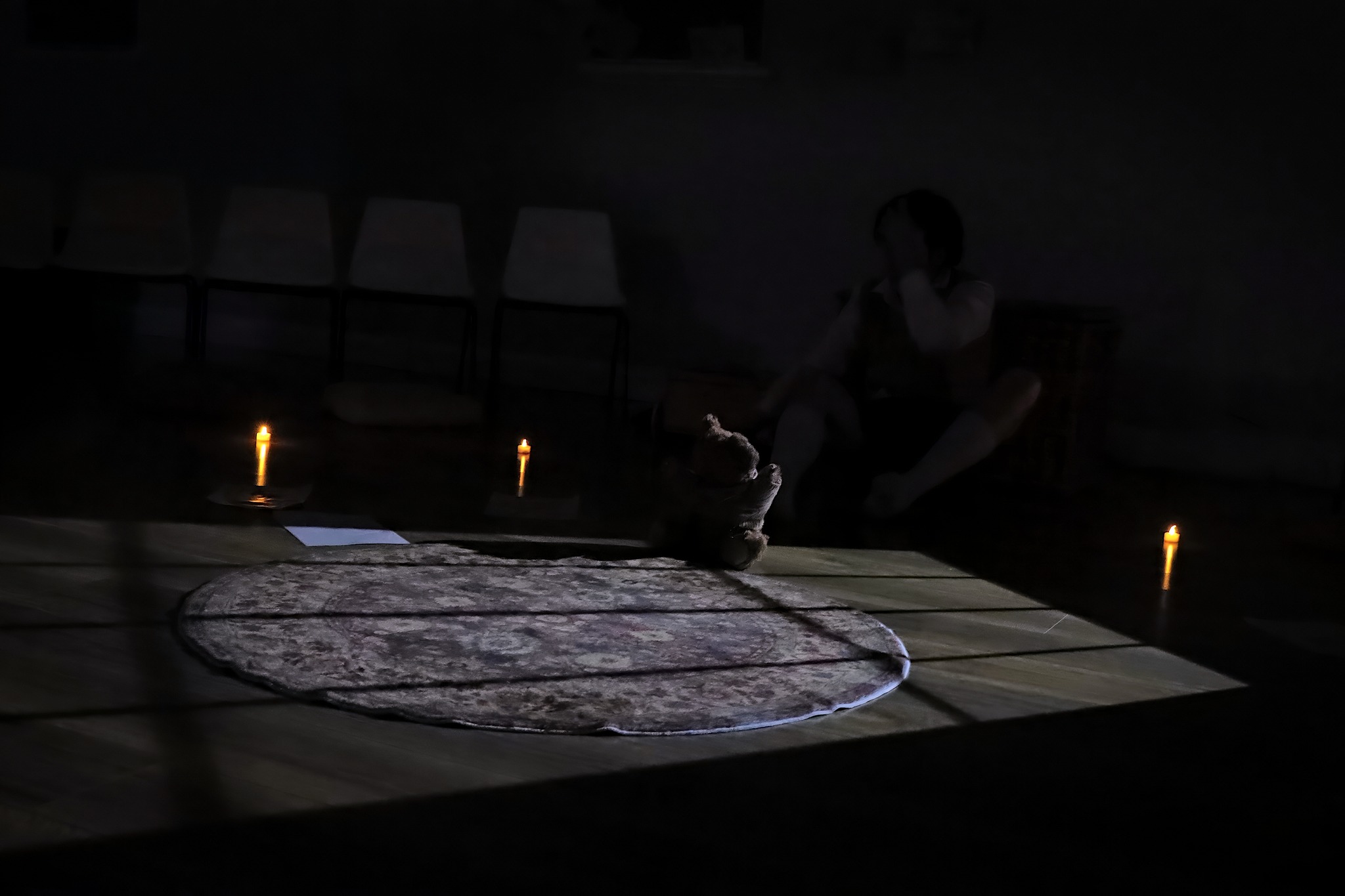“Diane Warren: Relentless” is a documentary that portrays the making of one of the world’s most successful songwriters. A Golden Globe, Oscar and Grammy winner, this film is an honest and well portrayed depiction of how Diane struggled, grew, and achieved as an artist, publisher and relentless business owner. With her music catalogue worth over a billion dollars and having worked with more than 450 recording artists, it is clear that Diane has more than earned the spotlight in this feature.
Following Diane around the landmarks of her childhood and young adult life, we see a highly creative and possibly rebellious personality and how Diane struggles with the ebbs and flows of their music career. From her early years, writing songs in the bathroom of her family home, to negotiating contracts with Cher, Lady Gaga, Aerosmith, Beyonce and many, many more.
The film highlighted various accounts from friends and colleagues who colourfully expressed their connection with and love for Diane, while painting a clearer picture of who she is as a songwriting professional, cat lover and friend. It was a great tool for storytelling and a good way to have the viewer connect with the subject.
When it comes to the film quality and direction, the intent within the expression was clear. Photography and short clips from Diane’s life opened a window into the creative process, the effort that was made and the personalities that shone through them. Capturing treasured moments in the creative process and the interactions between Diane and the recording artists she worked with were highlights, along with Diane’s direct accounts of the many conversations she had with them about her songs.
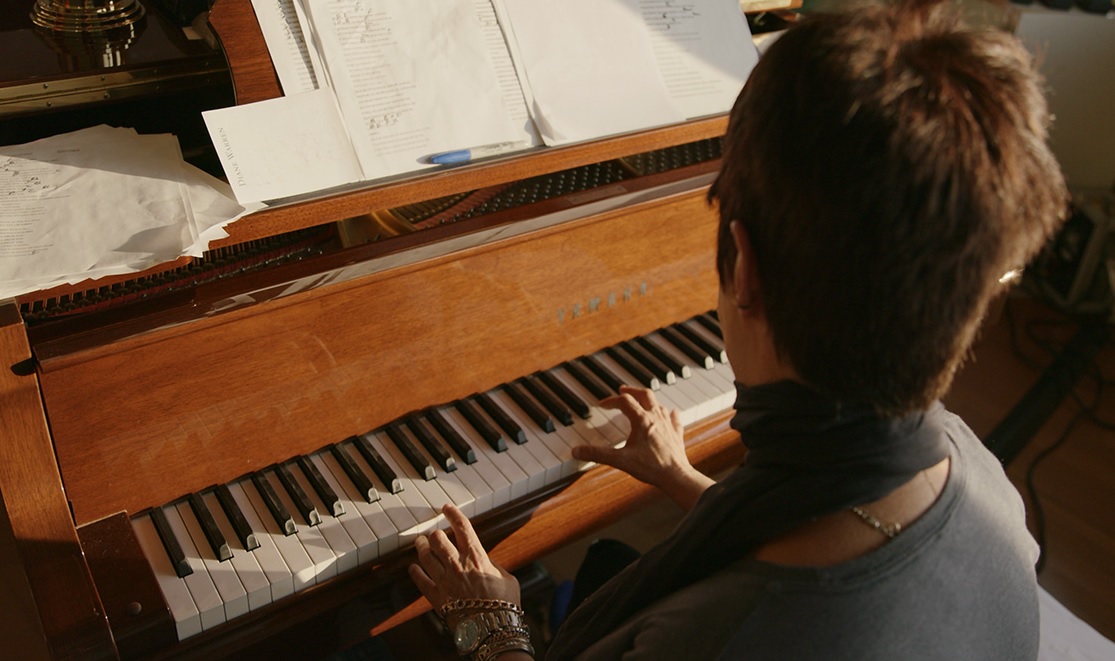
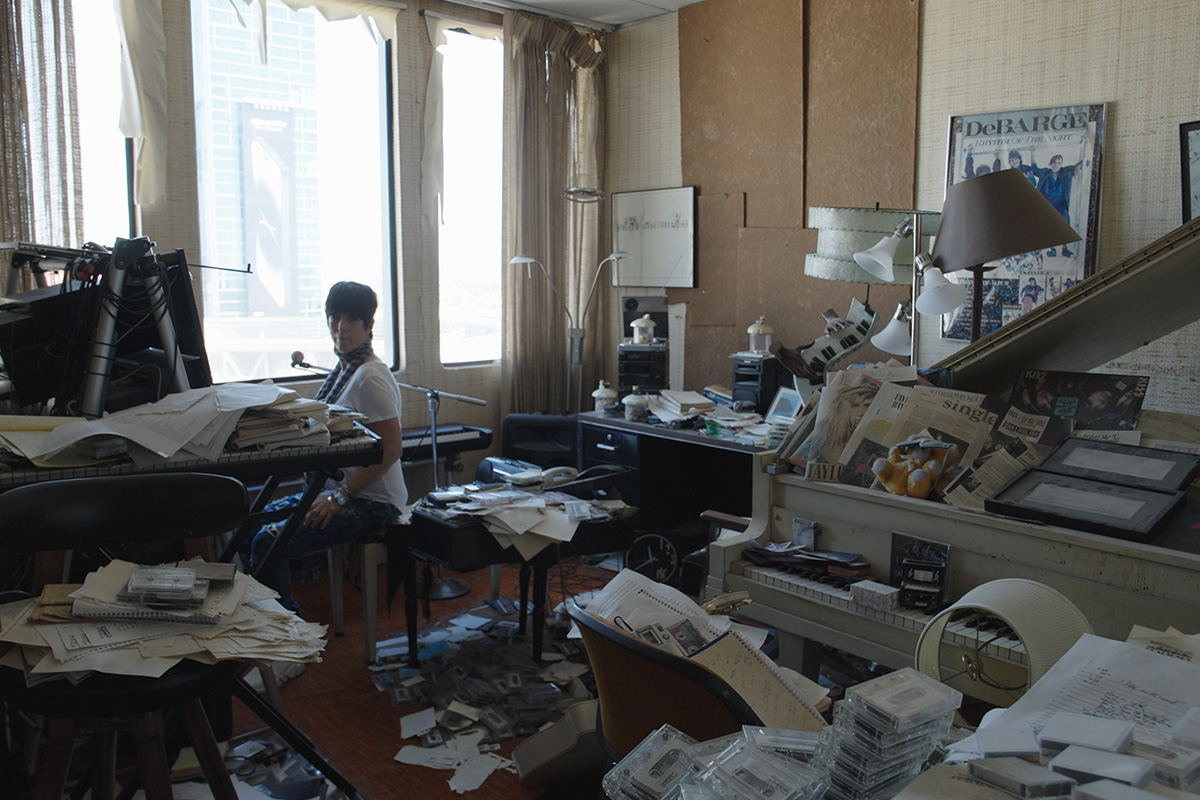
The one critique I do have, are some of the camera angles and methods used. I would have liked to see more creative shots that help capture any emotion or serious moments. Due some of the themes requiring more care and sensitivity, having that reflected in the camera direction would have helped, rather than distracted. The changing of shots were sometimes a bit too slow or were not straight enough with took away from the possible desired effect. While I agree that having someone walking around with the camera can feel more family orientated and homemade films have a sentimental nature, I found myself thinking about the camera instability each time it occurred, rather than focusing on the content.
Overall, this film was a combination of good story telling, highlighted testimonies and offered Diane genuine love and support that is well deserved. The behind the scenes accounts pulled it all together to create a piece that helped to show music history in the making.
To book tickets to this or other films click https://www.jiff.com.au/
This review also appears on It’s On The House. Check out more reviews at Whats The Show to see what else is on in your town.

